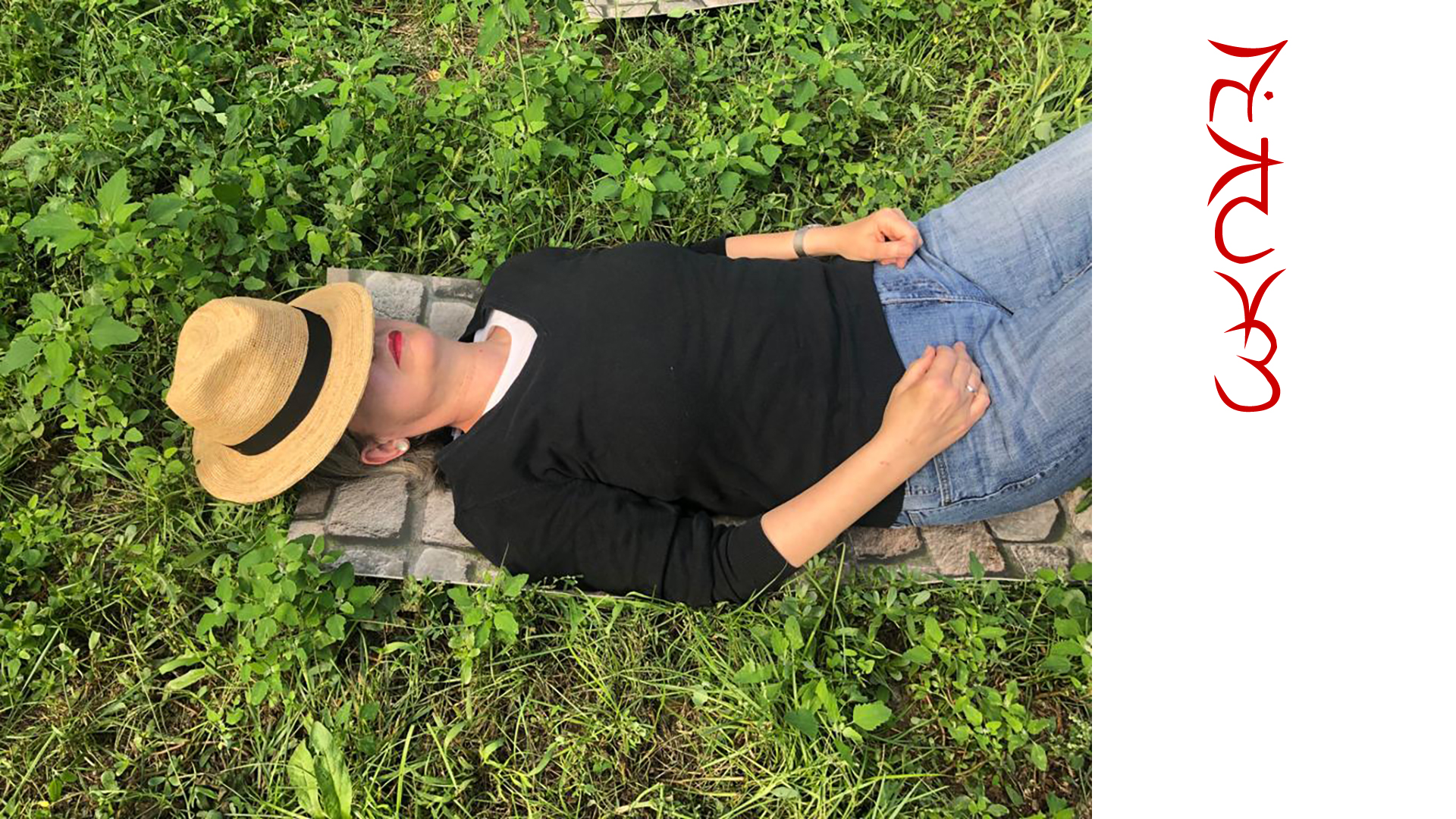
like an unintentional gaze wandering across the glittering sea.
When you look up Muße/leisure in the Schweizerischer Idiotikon, you will find Muess and here in first place Mues/leeway, spec. the space on the seesaw that playing children allow each other in order to keep themselves balanced; and in second place Musse/free time.
Both the Old High German word muoza and the Middle High German muoze mean opportunity, possibility. The etymologically related modal verb müssen/must do only superficially refers to the compulsion to do something – rather, the Etymological Dictionary of German describes one the related words muete, mote as ‘state that gives one the opportunity to do sth’. Where does the urge to equate leisure with laziness come from? Why does the adjective idle mean over time not only idle but also superfluous, unnecessary? Possibly it has to do with the overestimation of work and the concomitant underestimation of leisure. Idle people produce nothing, do not increase the gross national product.
But is that really true? Art, scientific research, ideas of all kinds need leisure in order to develop, to unfold – in order to come into being in the first place. Where do the ideas come from and why now of all times? Who knows, perhaps from the realm of dreams, of idle daydreams … Purposelessly, pointlessly and aimlessly, thoughts wander there, giving rise to images, sounds, ideas. Now the space for ideas to emerge and be held in the balance of dreaming and creating can be discovered.
Marlen Wagner